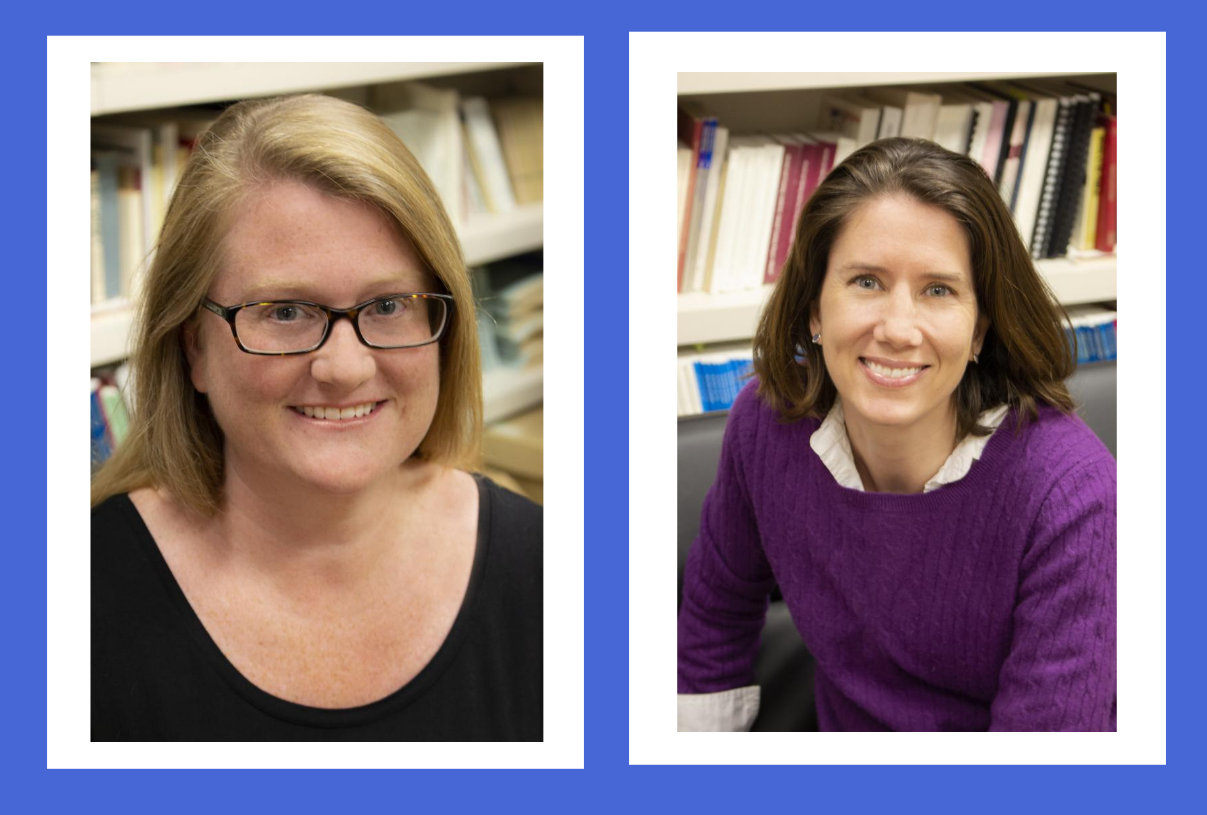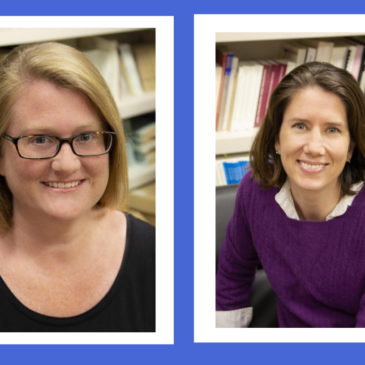During 2009, the Division on Addiction (Division) announced the launch of the Transparency Project,1 a free open access data archive for addiction-related research, especially that which is funded by private interests. This launch reflected our own interests in accelerating addiction science and increasing public and professional trust in published addiction research. Regarding professional trust and open data, we noted, “Ultimately, to the benefit of health providers as well as to political and legal decision-makers deciding on complex addiction-related issues, the Transparency Project will enhance confidence in scientific findings,” (Shaffer, LaPlante, Chao, Planzer, LaBrie, & Nelson, 2009, p. 7). Consistently, the Pew Research Center recently published a report indicating that public confidence in research is greater when researchers engage in data sharing and other contemporary open science practices.
Since the Transparency Project launched, researchers in a host of scientific fields have committed to adopting open science research practices, making use of new infrastructure. For instance, entities such as the Center for Open Science have developed resources like the Open Science Framework (osf.io; OSF). On OSF and other similar websites, researchers have an opportunity to engage in practices such as research pre-registration (i.e., documentation of research ideas, hypotheses, methods, and analytic plans prior to data collection and analysis) and to archive study materials, notebooks, updates, data, and more. Pre-registration helps prevent against publication bias, the tendency for scientific literature to be skewed towards positive results.
Recognizing these developments, the Division has decided to continue its commitment to open science by adopting new open science practices, including pre-registration of all its new research projects. In that spirit, we’re excited to formally announce our first pre-registrations on the Open Science Foundation website (osf.io). First, we have proposed to complete a scoping review of studies investigating the potential link between gambling and self-harm. Second, we have pre-registered a research plan to examine low-risk internet gambling thresholds using actual online player records and self-reported gambling experiences. Third, we are looking forward to completing a scoping review of open science research practices in the gambling literature. Although these pre-registrations are a relatively small step toward advancing open science, we hope they are the first of many for the Division. And our goal is bigger; we would like the Division to become a recognized open science institution. We also have convened thought partners to strategize and collaborate on research and dissemination activities related to open science. We hope in the coming years to have a positive and widespread influence on the field through this burgeoning initiative.
As we mark 10 years since the launch of the Transparency Project and work toward strengthening our own open science practices in the next decade and beyond, we also are working to promote these activities to the greater addiction research community. During January 2020, The BASIS will host a month-long special series dedicated to open science practices in addiction research. We will publish engaging editorials on this topic and provide brief summaries of new addiction-related research that was conducted in the spirit of open science. We’re excited to create this special series and are looking forward to our readers’ feedback and engagement. Stay tuned for more!
Adopting new practices, such as making analytic code widely available or pre-registering research plans can be a daunting prospect. However, as others have noted, this is a worthwhile endeavor that will strengthen the quality of the research literature. The hazards of co-mingling planned and unplanned research and withholding information that is central to reproducing findings are clear and weaken the likelihood of a replicable literature. This is dangerous because replication is fundamental to a healthy science. Without replication, we risk supporting unreliable findings. To illustrate, although many people strongly believe that “near miss” gambling outcomes promote continued gambling, a recent replication study failed to support this contention. How many other gambling game features that we “know” are problematic might fail to replicate? Right now, that’s unclear. Fortunately, there are many ways to support contemporary research practices and resources for self-education. Although open science practices might currently be the exception, with care and attention they could become a favorable norm in addiction science.
Debi A. LaPlante, Director, Division on Addiction at Cambridge Health Alliance, a Harvard Medical School teaching hospital; Assistant Professor, Harvard Medical School
Heather M. Gray, Director of Academic Affairs, Division on Addiction at Cambridge Health Alliance, a Harvard Medical School teaching hospital; Instructor, Harvard Medical School
If you are interested in open science, please feel free to reach out to us at the Division on Addiction by emailing info@DivisiononAddiction.org or using the comment feature below. We would love to hear from you!
Reference
Shaffer, H. J., LaPlante, D. A., Chao, Y. E., Planzer, S., LaBrie, R. A., & Nelson, S. E. (2009). Division on Addictions Creates New Data Repository. World Online Gambling Law Report(March), 7.
Acknowledgements
We completed this editorial with support from GVC Holdings, PLC via a research grant to the Division on Addiction. GVC Holdings, PLC did not contribute to the development of this editorial.
The Division on Addiction currently receives funding from DraftKings, Inc., The Foundation for Advancing Alcohol Responsibility (FAAR), The Healing Lodge of the Seven Nations via the Indian Health Service with funds approved by the National Institute of General Medical Sciences, National Institutes of Health; The Integrated Centre on Addiction Prevention and Treatment of the Tung Wah Group of Hospitals; the Gavin Foundation via the Substance Abuse and Mental Health Services Administration (SAMHSA); University of Nevada, Las Vegas via MGM Resorts International; and GVC Holdings, PLC.
During the past 5 years, Debi LaPlante has received speaker honoraria and travel support from the National Center for Responsible Gaming (NCRG) and the National Collegiate Athletic Association. She has served as a paid grant reviewer for NCRG and received honoraria funds for preparation of a book chapter from Universite Laval. She is a non-paid board member of the New Hampshire Council on Problem Gambling.
During the past 5 years, Heather Gray has served as a paid program evaluator for Duffy Health Center, served as a paid grant reviewer for the NCRG, received travel funds from the Tung Wah Group of Hospitals/The Hong Kong Jockey Club Charities Trust, received honoraria funds for preparation of a book chapter from Universite Laval, received travel funds and honoraria from the NCRG, and received course royalty fees from the Harvard Medical School Department of Continuing Education. Dr. Gray is a non-paid member of the New Hampshire Council on Problem Gambling.
1. The Division developed the Transparency Project with support from a research contract with bwin.party. bwin.party fully supported open access to their player record data, which was the first open access data on the website. bwin.party did not curate or review any of the data posted to the Transparency Project and the Division did not seek permission to post individual datasets as they became available.
2. For more information, please see, LaPlante (in press). Replication is fundamental, but is it common? A call for scientific self-reflection and contemporary research practices in gambling-related research. International Gambling Studies.




